After a global wave of sudden awareness to specialty coffee circa 2017, we would like to address a very important topic, what actually is specialty coffee?
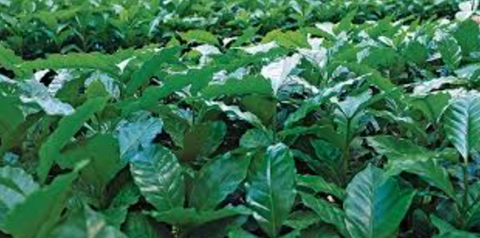
It seems in some of the cafe’s we have visited, specialty coffee seems to be perceived as just a specialty preparation rather than a description of the beans themselves. According to the Specialty Coffee Association of America’s website, “…the term ‘specialty coffee’ was first coined by Erna Knutsen, of Knutsen Coffee Ltd., in a speech to the delegates of an international coffee conference in Montreuil, France. The concept was quite simple: special geographic microclimates produce beans with unique flavour profiles.”
The basic definition of specialty coffee was also supported by the understanding that specialty coffee beans would always be freshly roasted, and properly brewed.” The Specialty Coffee Association of America has created rating system in order to evaluate the quality of flavours in each type of coffee. The way the coffee is tasted is by “cupping” and the evaluation gives each coffee a quality rating on a 100 point scale. By standardising the cupping, the SCAA intend to prevent the loss of meaning of the term specialty.

Specialty coffee retailers should strive to recognize the uniqueness and specialty of each origin, and the concept of terroir. Terroir, a term made popular by the wine industry, is described in Tanzer, Stephen’s What is Terroir as “the set of all environmental factors that affect a crop’s phenotype, including unique environment contexts, farming practices and a crop’s specific growth habitat.” Specialty coffee has its own terroir from the earth that gives each microlot its unique characteristics. Together, these factors all impact the coffee and give it an original profile.
1. Microlots
2. Special geographic regions and terroir
3. Special bean varieties
4. Its not just about preparation, its about the beans themselves.

Group 1 offers consumers unique Terroir of the lands of these farms. Each of our group 1 coffees is a single estate or grouping of a few farms from the same town. In this coffee you can experience the unique profiles and attributes that comes from the microclimates, soil composition, and unique harvesting methods of the farms.
Group 2 coffee offers the same terroir experience of our single estate producers but also a specialty profile beginning to emerge from the distinct processes and procedures implemented at the farms. In Colombia, 100% of the coffee is hand picked because the land is so rugged a machine couldn’t possibly function. In group 2 you get an even more elevated experience because the farms all have strict protocols to ONLY pick the ripest beans leading to unique profiles and attributes in the cup.
Group 3 represents high scoring coffees with unique processes such as extended fermentation, natural, and honey. In Colombia, washed coffee makes up an overwhelming majority of coffee production because the government guarantees they will buy all of the production of every single coffee farmer as long as it is traditional washed process. Therefore having other processes in Colombia is a much higher risk for producers since the government won’t buy the coffee if they can’t find a private buyer. Those Coffee People has discovered and supplies some of the country’s best produced unique process coffee beans. Mango, pineapple, grape, tamarind, cognac and more unique flavours really emerge in this group.
Group 4 is our highest scoring group on average with coffees from traditional or exotic varieties. The Colombian government, in an attempt to protect the harvests against drought and diseases, created and heavily promoted new varieties of coffee that were very strong and resistant. Unfortunately, these beans were more dull in flavour from the traditional varieties like Typica, Bourbon, Caturra, and Tabi. In group 4, we only include these traditional full-flavored varieties as well as exotics like sudan rume, geisha, and wush wush.


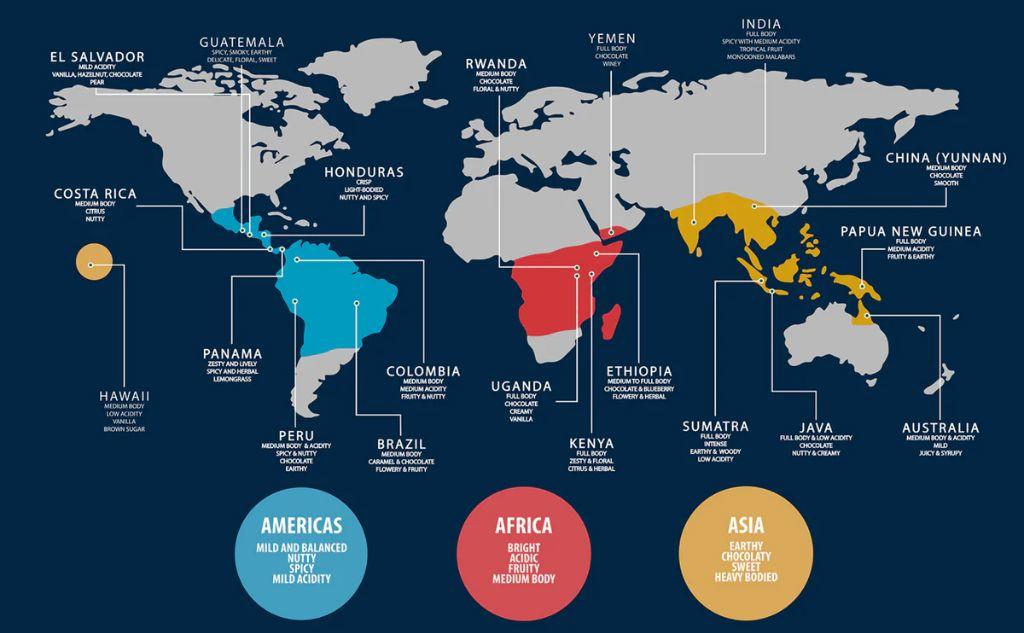
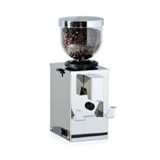
-160x160-state_article-rel-cat.png)
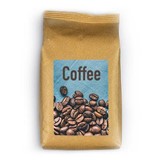

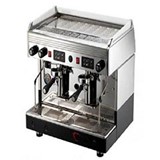
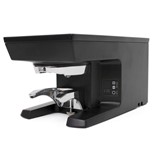


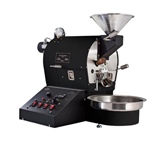

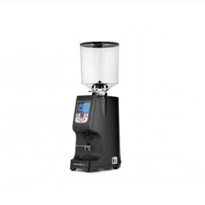

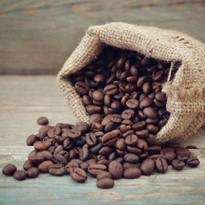
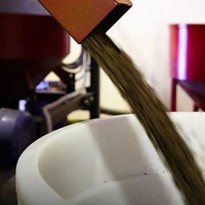


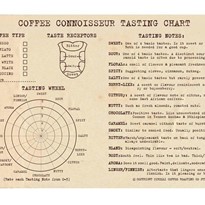
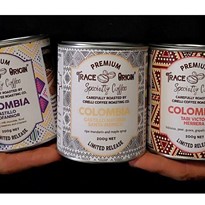
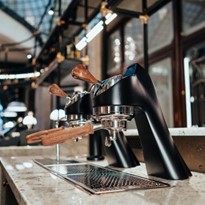
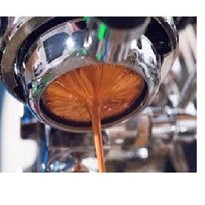

-205x205.jpg)
